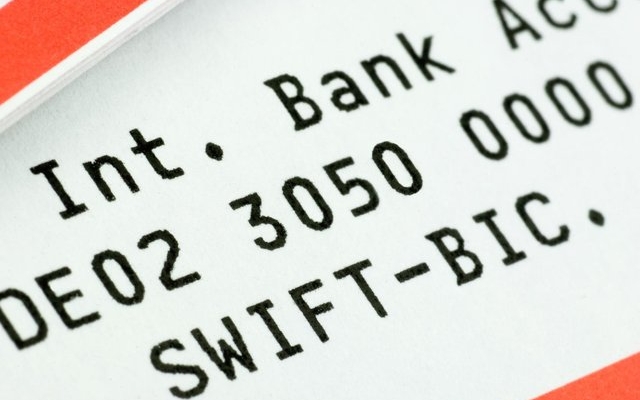How the SWIFT System Works
Need to transfer money overseas? Today, it is easy to walk into a bank and transfer money anywhere around the globe, but how does this happen?
SWIFT for Electronic Funds Transfers
Behind most international money and security transfers is the Society for Worldwide Interbank Financial Telecommunications (SWIFT) system. SWIFT is a vast messaging network used by banks and other financial institutions to quickly, accurately, and securely send and receive information, such as money transfer instructions.
More than 11,000 SWIFT member institutions sent an average of 42 million messages per day through the network in 2021, marking an increase of 11.4% from 2020.
Why Is SWIFT Dominant?
According to the London School of Economics, “support for a shared network…began to achieve institutional form…in the late 1960s, when the Société Financière Européenne (SFE, a consortium of six major banks based in Luxembourg and Paris), initiated a ‘message-switching project.'”
SWIFT was then founded in 1973 with 239 banks in 15 countries. By 1977, it expanded to 518 institutions in 22 countries. In 2022, there are more than 9,000 live users hailing from more than 200 countries.
Although there are other message services like Fedwire, Ripple, and Clearing House Interbank Payments System (CHIPS), SWIFT continues to retain its dominant position in the market. Its success is attributed to how it continually adds new message codes to transmit different financial transactions.
While SWIFT primarily started for simple payment instructions, it now sends messages for a wide variety of actions, including security transactions, treasury transactions, trade transactions, and system transactions. In Swift’s latest report, from Dec. 2021, data showed nearly 45% of SWIFT traffic is still for payment-based messages, 49% represents security transactions, and the remaining traffic flows to Treasury, trade, and system transactions.
How Does SWIFT Make Money?
SWIFT is a cooperative society owned by its members. Members are categorized into classes based on share ownership. All members pay a one-time joining fee plus annual support charges which vary by member classes.
SWIFT also charges users for each message based on message type and length. These charges also vary depending upon the bank’s usage volume; different charge tiers exist for banks that generate different volumes of messages.
In addition, SWIFT has launched additional services. These are backed by the long history of data maintained by SWIFT. These include business intelligence, reference data, and compliance services and offer other income streams for SWIFT.
About E. J. McKay
E.J.McKay is a Shanghai-headquartered investment bank with a special focus on mergers & acquisitions. We are one of the most long standing independent investment banks in China, with core business of mergers & acquisitions and financing advisory.


